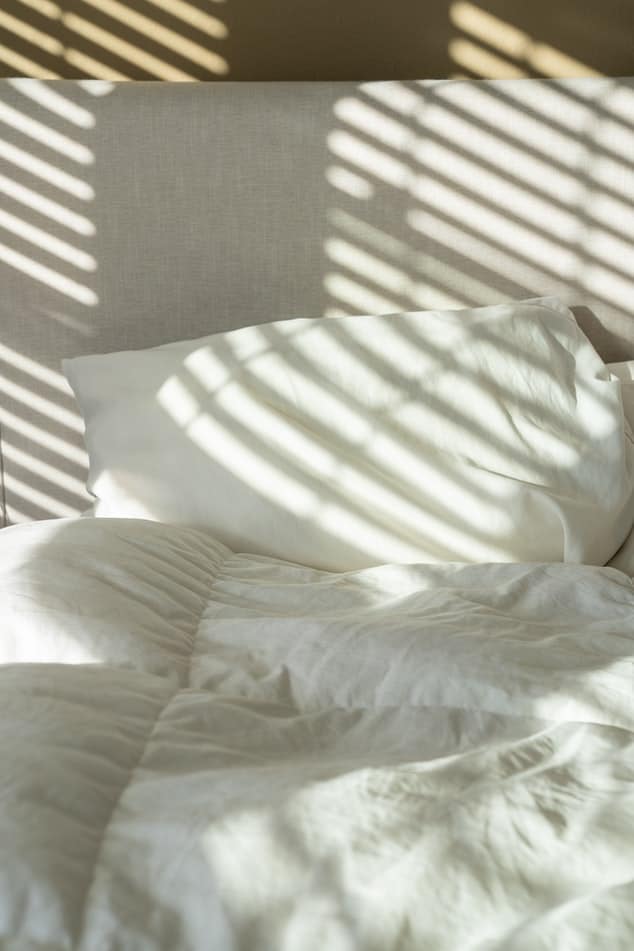There’s nothing more frustrating after a long day than getting in bed and not being able to fall asleep. And it seems like the harder you try to sleep, the more your body fights it. Below we review some of the reasons you may be having trouble sleeping and habits you can implement to have an easier time getting some shut-eye.
Why You’re Not Sleeping

There are many reasons you may be having trouble sleeping.
The most obvious reason is you may not be tired. If you’re trying to go to bed before your body is ready, you’ll probably spend a lot of time lying down before you start feeling like you could fall asleep.
You may also have a tough time falling asleep if you spend more time in bed than you should. This includes daytime naps.
Activities surrounding bedtime also have a big impact on sleep. If you eat, drink or exercise too late or use nicotine, it may be keeping you up at night. Exposure to light at night, especially from screens, can make it hard to fall asleep once you get in bed.
Many people have trouble sleeping due to stress. For example, it’s common to have a hard time sleeping the night before a big test or interview. If you experience stress at work or a traumatic event like the loss of a loved one, this could also impact sleep. This is known as acute insomnia, which should pass after your stressors resolve.
Sleep disorders are medical conditions that prevent you from falling asleep, staying asleep or getting enough sleep. Common ones include chronic insomnia, sleep apnea, restless leg syndrome and circadian rhythm sleep disorders.
Habits to Improve Sleep
If you implement these habits into your routine, you should experience an easier time getting to sleep:
- Sleep restriction. This may sound counterintuitive, but sleep restriction is a common treatment for people with insomnia. This method involves limiting the amount of time you spend in bed to the amount of time you should be asleep (about 7-8 hours). Over time, this should trigger a behavioral time called stimulus control, which means you break the association between your bed and sleepless nights.
- Relaxation Techniques. Yoga, aromatherapy and breathing exercises can help you establish a connection between your body and mind, helping you relax and transition to sleep.
- Over-the-counter medications. Melatonin is a naturally occurring hormone that helps you sleep. Picking up this supplement at Hampton Health Mart Pharmacy to take before bed may help you fall asleep more easily.
If you try these techniques and still have trouble getting to sleep, you may have a sleep disorder that requires medical treatment. To schedule an appointment with a sleep expert, call Hampton Roads ENT today.
